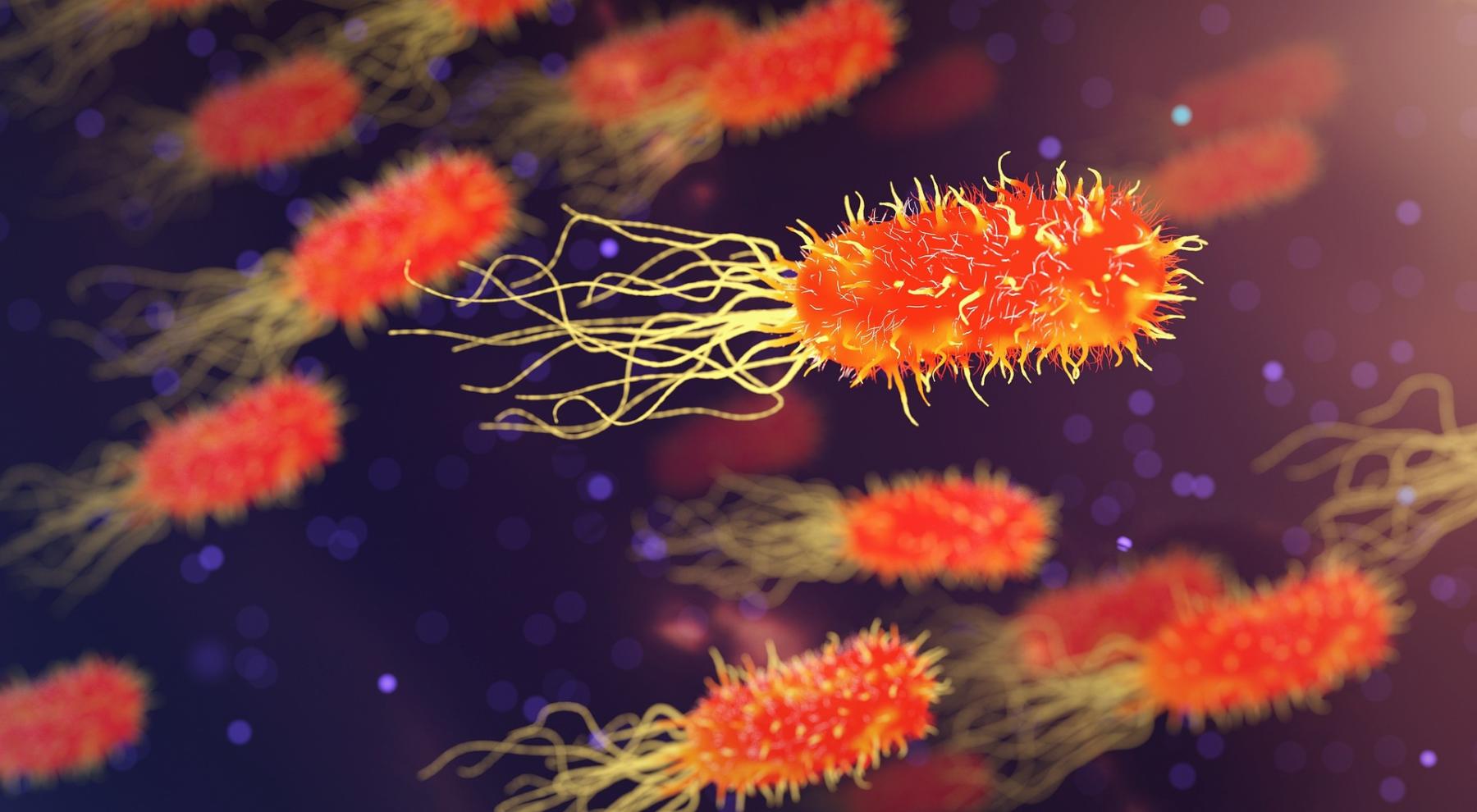
Eggs Afloat
by Victoria Rackley
Students will dive into the fascinating world of parasitology as they collaborate in teams of three to analyze and evaluate the presence of parasites. The lesson aims to enhance both teamwork and practical laboratory skills while deepening students' understanding of parasitic detection methods.
Each team will be assigned the task of preparing detailed slides to examine fecal smears and conduct simple flotation tests. The students will follow laboratory protocols to create the slides using a specific pattern. The fecal smear and simple flotation techniques are important tools in identifying parasites within biological samples.
Lesson Plan Link/URL
https://docs.google.com/presentation/d/1lrqcPolD1jzTbeetHB0MAr7MNmD4MN_4/edit?u…Related Content

Grades:
9th Grade, 10th Grade
Students will be able to see the effects of cellular respiration (exhalation of carbon dioxide) in a state of rest as well as during a state of exercise and to correlate cellular respiration with

Grades:
9th Grade, 10th Grade, 11th Grade, 12th Grade
Students will work in small groups to create a water filtration system to demonstrate understanding of water purification systems and human influences.

Grades:
10th Grade, 11th Grade, 12th Grade
This lesson plan is on how to make agar plates to grow media on. This teaches the students how to measure out the agar and water and mix properly and plate the agar properly.